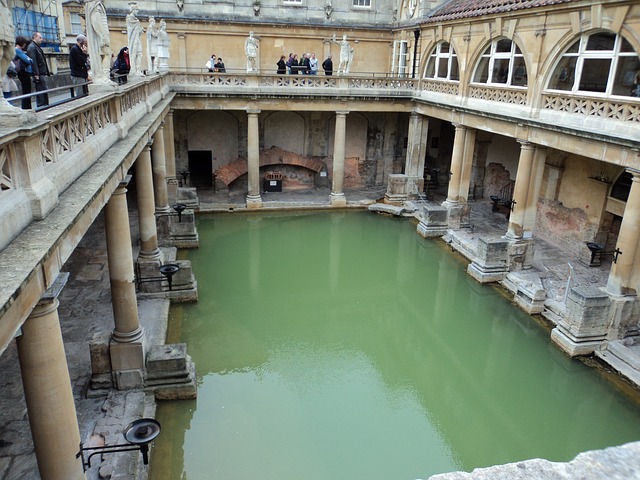The Romans eventually expanded into Britain, bringing with them their culture and their armies. Because of the hostile tribes there, such as the Celts, the Romans had to expend energy and resources to defend this faraway outpost.

Such was the case when the Icenic queen, Boudica (also spelled Boadicea), rose to prominence and led an army of tens of thousands of Celtic warriors against the Romans stationed in Britain. If you saw the History Channel program on Boudica, you will know that her army, which outnumbered the Romans soldiers, must have caused great distress to Nero when he heard about what it was able to accomplish. Although ultimately no match for the was machine that was the Roman army, the British tribes caused enough concern over the ages that Hadrian eventually built a massive stone wall that divided Britain in two. This was no small task – with towers, quarters, and barracks spaced at set intervals along the wall – and must have consumed a large amount of resources.

Ultimately, by the beginning of the Fifth Century, Britain was abandoned by the Romans. No doubt, the strain on maintaining stability in a region of invaders proved difficult. Interestingly, when the Romans left Britain, Britain lost the ability to read and write. The reintroduction of these fundamental activities of advanced civilizations had to be done by monks during the Early Middle Ages.
Lingering questions remain in the aftermath of the withdrawal of Romans from Britain. Was worth it for Rome to extend her rule to that remote island on the fringes of the Empire. Was it of strategic value? Did it provide resources that could not be gained elsewhere?
After all is said and done, I wonder if the cost did not outweigh the benefit.


